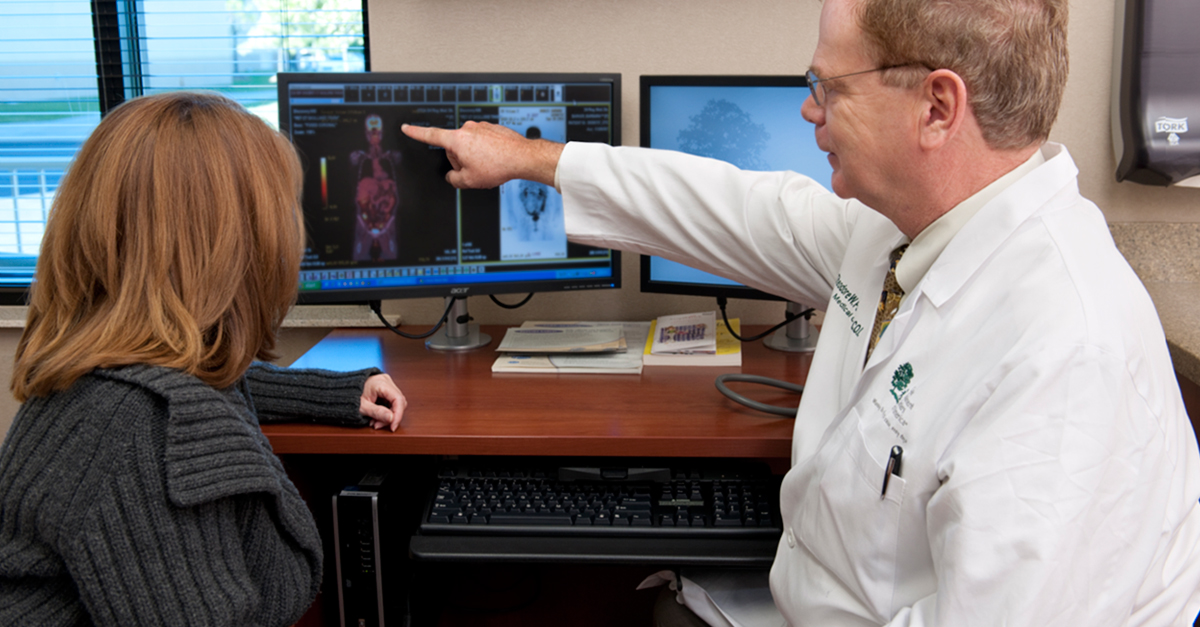
The sound of meat or poultry as it sizzles on the grill may make your mouth water. The rich, smoky aroma overwhelms your senses as you await that flavorful first bite. While eating meat fresh off the grill may sound delicious, a recent study suggests breast cancer survivors may want to avoid large amounts of grilled, barbecued or smoked meats because of the potential health risks.
The study, published online in the Journal of the National Cancer Institute, was the first of its kind to explore the impact eating grilled meats may have on breast cancer survivors’ longevity. The researchers studied more than 1,500 women from Long Island, New York, who had been diagnosed with breast cancer in 1996 and 1997, then followed their progress for nearly 20 years. Part of the assessments included documenting the amount of grilled/barbecued and smoked meat the women ate, both before and after their diagnosis.
Damage to DNA
The study estimated that eating lots of barbecued, grilled or smoked meat before a cancer diagnosis lowered the women’s chance of survival by 23 percent. “Cooking meat at high temperatures creates carcinogens that can cause changes to DNA that may lead to cancer,” says Carolyn Lammersfeld, Vice President of Integrative Medicine at Cancer Treatment Centers of America® (CTCA). “Whenever you cook meats at high temperatures, carcinogens can be formed. Processed meats have compounds within them that are known carcinogens. Especially in the case of grilling fat from the meat, it can splash, creating flames and smoke, causing carcinogens to splash back onto the food.”
Researchers singled out beef, pork and lamb, in particular, as potentially harmful. In contrast, women who ate smoked poultry and fish after their diagnosis had better survival rates. While researchers suggest habitually eating grilled, barbecued and smoked meats may have long-term effects on breast cancer survivors’ outcomes, they did not identify a direct cause and effect.
“As the authors point out, more studies are needed to confirm the risk. It is important to remember that these meats can be higher in saturated fats and then are cooked in a way that produces carcinogens,” says Lammersfeld.
In urging cancer survivors to reduce their red-meat consumption, the American Cancer Society, American Society of Clinical Oncology and the American Institute for Cancer Research recommend more of a plant-based diet. “After a cancer diagnosis, women often ask what they can do from a diet perspective,” says Lammersfeld.” I believe this study reinforces that what you eat after a cancer diagnosis may impact your overall outcome.”
There are many healthier alternatives to grilling meats, says Lammersfeld. “Grilling veggies and fruit do not produce dangerous compounds,” she explains. “Lentils, beans and soy products are also a wonderful source of protein. If you are not used to these foods, try to incorporate one vegetarian meal into your diet a week, and increase it from there.”
Tips to healthier cooking
If you still plan to grill meats, Lammersfeld offers these tips:
- Thaw the meat before cooking.
- Bake at a low temperature indoors, then finish it off on the grill.
- Marinate the meat ahead of time to reduce the amount carcinogens formed in the grilling process.
- Use small portions of low-fat cuts of meat.
- Avoid flattening burgers when you cook them, and flip them more frequently.
- Cook all meats on top of foil or in a foil package.
- Grill at the lowest temperatures possible to avoid charring.
- Eat around the charred parts if you cannot avoid charring the food.
Healthy living largely revolves around healthy lifestyle factors, Lammersfeld says. “I encourage people, as well as our patients diagnosed with cancer, to focus on a plant-based diet and exercise so they can maintain a healthy weight and have a good quality of life,” she says.


